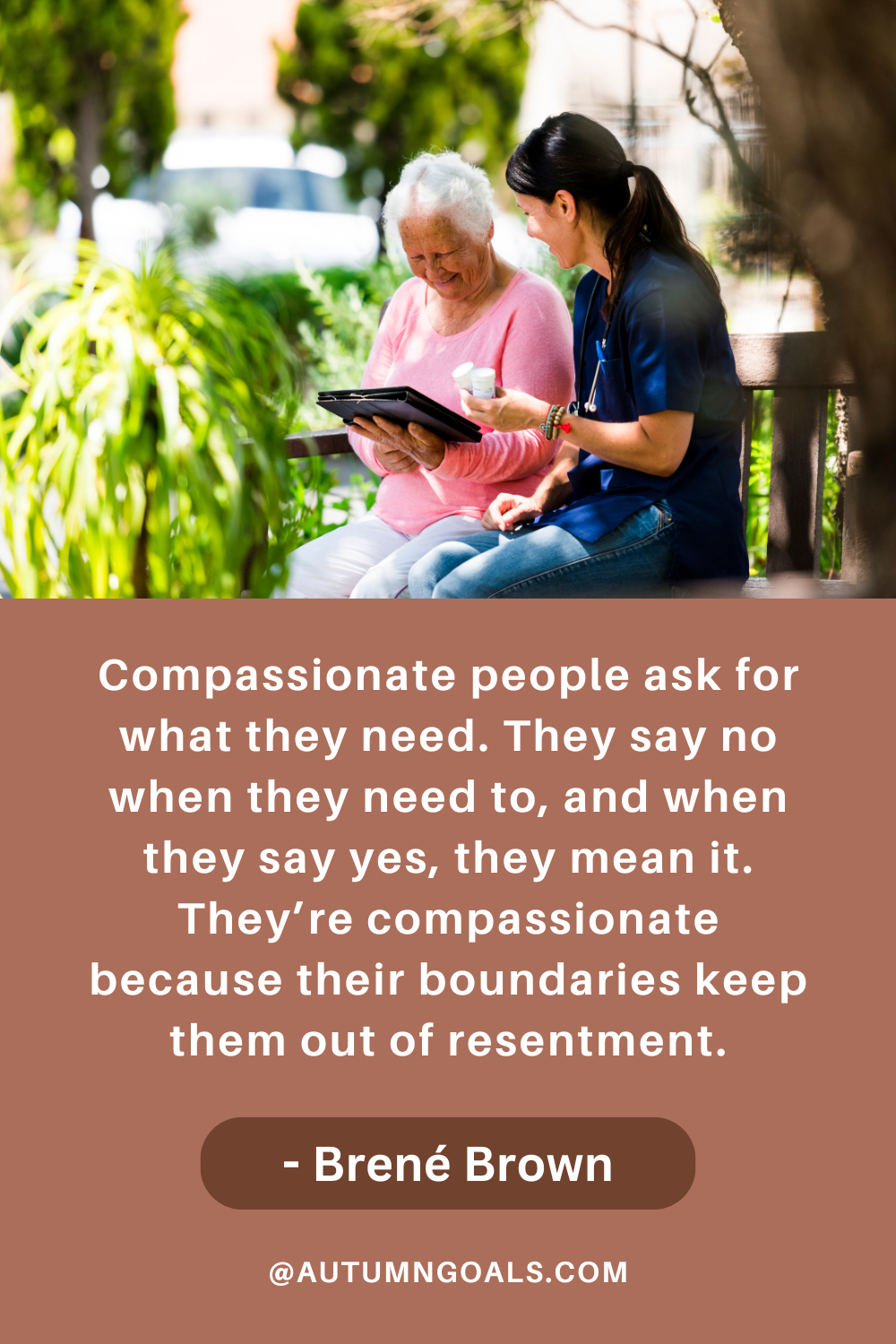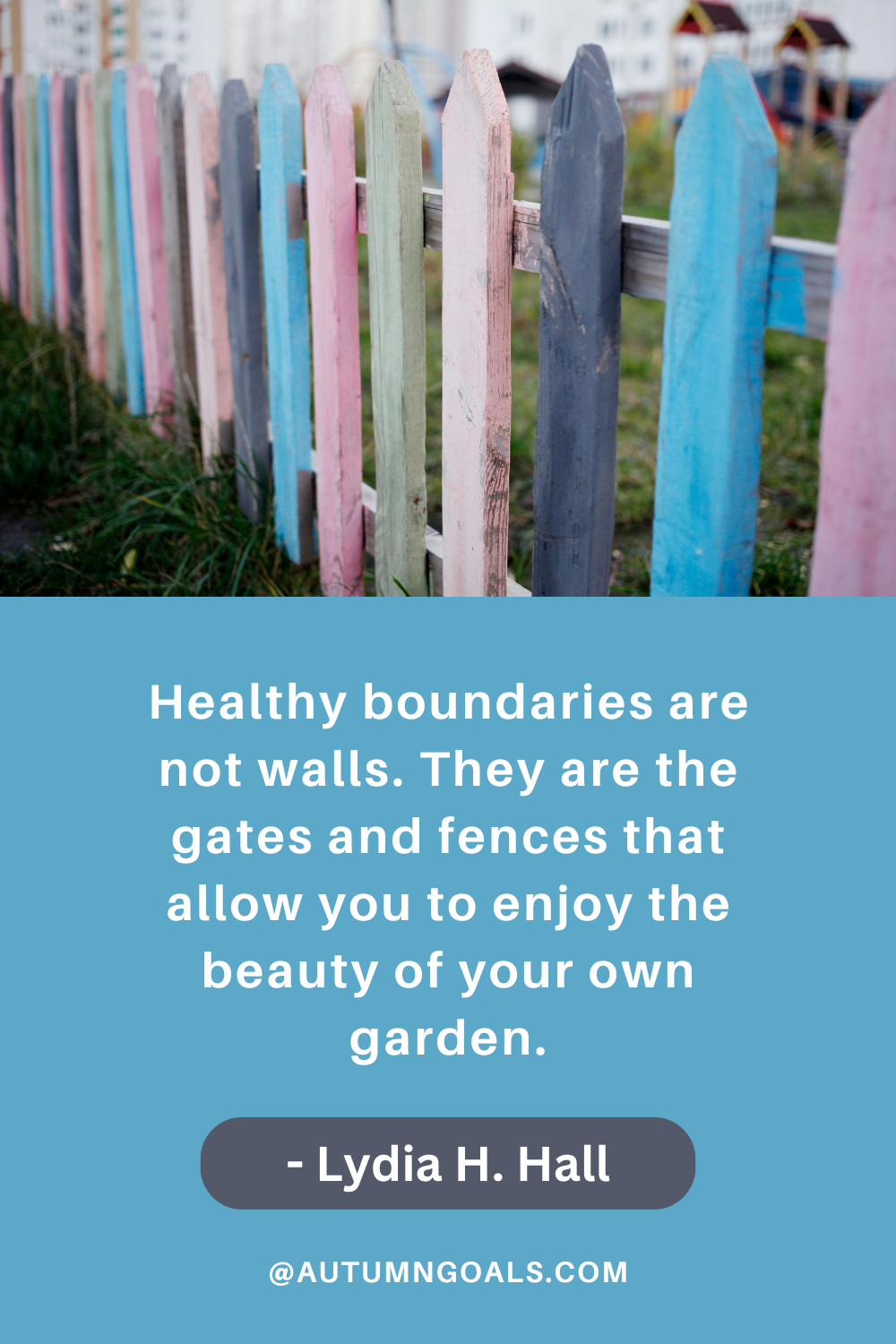
Photo by Rob Wicks on Unsplash
In the pursuit of personal development and self-improvement, setting boundaries is a critical aspect that is often neglected. Boundaries are the invisible lines that protect our personal space, emotional well-being, and time. Boundaries are essential for maintaining healthy relationships and fostering a balanced life.
In this article, we will explore the importance of setting boundaries, how they influence various areas of our lives, and provide insights on maintaining them effectively.
What Are Boundaries?
Boundaries are guidelines or limits that a person sets to identify reasonable, safe, and permissible ways for other people to behave towards them and how they will respond when someone passes those limits. They can be physical, emotional, intellectual, or spiritual. Setting boundaries is not about building walls but about creating healthy space where both parties in a relationship can thrive.
Why Setting Boundaries Is Important
1. Protecting Your Emotional Health
Setting boundaries is crucial for protecting your emotional health. Without boundaries, you may find yourself feeling overwhelmed, resentful, and burnt out. When you establish clear limits, you give yourself permission to prioritize your needs and feelings.
Boundaries help you manage your emotions and prevent others from taking advantage of your kindness. When you clearly communicate your limits, you can avoid unnecessary stress and emotional exhaustion. For instance, if you feel uncomfortable discussing certain topics, you have the right to steer the conversation away or set a firm “no” on those subjects. By doing so, you create a safe space for yourself, free from emotional harm.

2. Enhancing Your Self-Esteem
Boundaries are directly linked to self-esteem. They are a reflection of how much you value yourself. When you set and maintain boundaries, you send a message to yourself and others that you deserve respect and care.
Having strong boundaries means that you recognize your worth and are willing to protect your time, energy, and emotions. This self-respect boosts your self-esteem and confidence. For example, if you consistently allow others to overstep your limits, you may start to feel unimportant or unworthy. Conversely, by asserting your boundaries, you affirm your self-worth and build a stronger sense of self.

3. Fostering Healthy Relationships
Boundaries are essential for healthy relationships. They ensure that both parties feel respected, understood, and valued. Without boundaries, relationships can become imbalanced, leading to resentment and conflict.
Healthy relationships thrive on mutual respect and understanding. By setting boundaries, you create a framework within which both you and the other person can feel safe and appreciated. This involves open communication about your needs and expectations. For example, in a friendship, setting boundaries about how often you need alone time or how you prefer to handle disagreements can prevent misunderstandings and strengthen the bond.

4. Improving Productivity and Time Management
Boundaries play a significant role in managing your time and boosting productivity. When you set limits on how you spend your time, you can focus on your priorities and avoid distractions.
Time is a finite resource, and how you manage it can greatly impact your personal and professional life. By setting boundaries, you can allocate your time more effectively. This might mean saying no to unnecessary meetings, setting specific work hours, or creating a distraction-free workspace. These actions help you stay focused and productive, allowing you to achieve your goals more efficiently.

5. Preventing Burnout
Burnout is a state of emotional, physical, and mental exhaustion caused by excessive and prolonged stress. Setting boundaries is a proactive way to prevent burnout by ensuring you have time for self-care and relaxation.
Burnout can occur when you take on too many responsibilities without adequate rest or recovery. By setting boundaries, you can create a balance between work and personal life. This involves scheduling regular breaks, setting limits on work hours, and making time for activities that rejuvenate you. These practices help you maintain your energy levels and avoid the detrimental effects of burnout.
Note – sometimes this burnout can even be self-imposed in that you give yourself too many deadlines and take on too much in a personal capacity. Keep an eye on this so that you do not find yourself drowning in your own pursuits. You may need to say no to yourself.

How to Set and Maintain Boundaries
1. Identify Your Limits
Before you can set boundaries, you need to know what they are. Take time to reflect on your needs, values, and limits. This self-awareness is the first step in creating effective boundaries.
2. Communicate Clearly
Once you know your boundaries, it’s important to communicate them clearly and assertively. Use “I” statements to express your needs without blaming or criticizing others.
3. Be Consistent
Consistency is key to maintaining boundaries. Stick to your limits and don’t be afraid to reinforce them if someone tries to overstep.
4. Practice Self-Care
Taking care of yourself is crucial for maintaining boundaries. Make time for activities that nourish your body and mind, and don’t feel guilty for prioritizing your well-being.
5. Seek Support
If you’re struggling to set or maintain boundaries, seek support from friends, family, or a mental health professional. They can offer guidance and encouragement as you navigate this process.
Boundaries are Important!
Setting boundaries is a vital part of personal development and self-improvement. They protect your emotional health, enhance your self-esteem, foster healthy relationships, improve productivity, and prevent burnout.
By identifying your limits, communicating clearly, being consistent, practicing self-care, and seeking support, you can create and maintain healthy boundaries that allow you to thrive.
Remember, setting boundaries is not about being selfish; it’s about honouring your needs and creating a life that supports your well-being.
RELATED POSTS
View all



